7 March 2023
Plumbing advancements that are helping the environment
Did you know that something as minor as a leaking tap can waste as much as 20,000 litres of water per year? Not only do leaks misuse this valuable resource, but they can cause damage to your tapware over time. By repairing leaking taps, toilets, showers, and pipes in your home plumbing systems, your plumber can reduce your household water wastage.
Taking proactive water-saving steps will also boost the eco-friendliness of your home. Ask your plumber to give you advice on water-efficient showerheads, toilets, and taps that could be fitted throughout your house to save water and help conserve the local environment.
Advancements, such as these in plumbing technology, have allowed for the development of innovative solutions that are helping to conserve water and protect the environment. Here are some plumbing advancements that are making a significant difference.
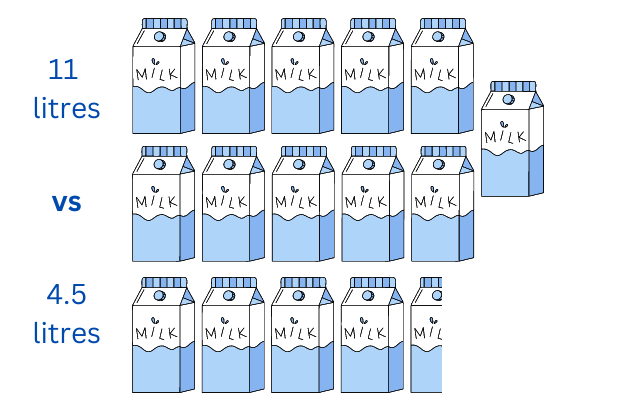
Dual flush toilets
Traditional (single flush) toilets used around 11 litres of water per flush, which is a serious amount of water for a single use. On the other hand, modern dual flush toilets which were invented in a small town in South Australia in 1980, use only 4.5L of water per full flush and 3L for a half flush. Making the switch to a dual flush toilet can save thousands of litres of water per year for your household.
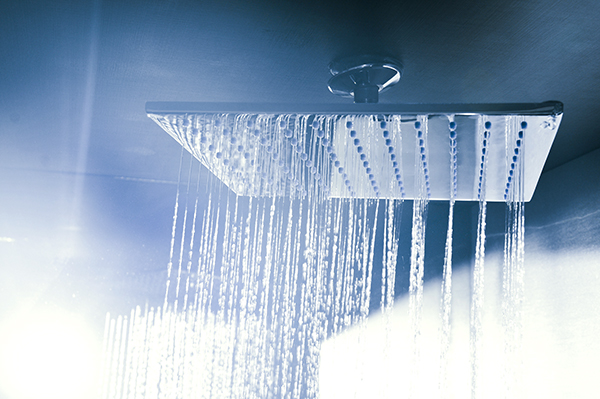
Water-Saving Showerheads
Many people love taking long, hot showers, but this can be a huge waste of water. Water-saving showerheads are designed to reduce the amount of water used during a shower while still providing a comfortable and enjoyable experience. These showerheads can cut water usage by up to 50%, which can result in significant savings on your water bill with a 4 minute shower only using around 24 litres of water.
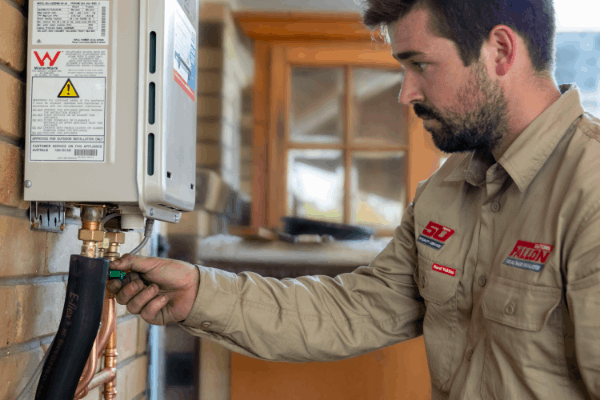
Tankless Water Heaters
Traditional water heaters store hot water in a tank, leading to heat loss and wasted energy as the water in the storage tank must be maintained at above 60℃. Tankless water heaters, however, heat water on demand, so there is no need for a storage tank. This means they use less energy and produce fewer greenhouse gas emissions.
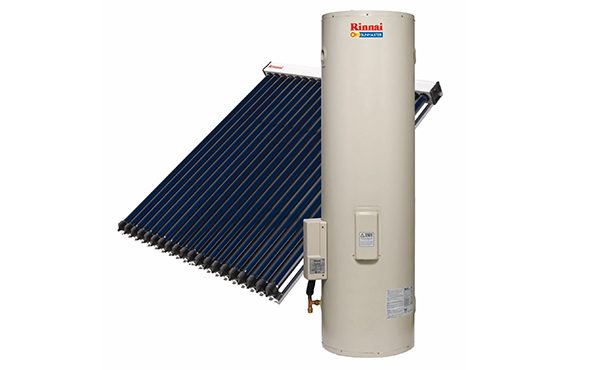
Solar hot water systems
Solar hot water systems are a modern and eco-friendly alternative to traditional electric hot water systems. They utilize energy from the sun to heat water, making them a highly sustainable and efficient option for heating water in homes.
Switching to solar hot water systems can significantly reduce the carbon footprint of a household. In fact, it has been estimated that by using solar hot water systems, homes can reduce their carbon footprint by up to 30 per cent. This reduction is due to the fact that solar hot water systems do not require the use of electricity or natural gas to heat water, which significantly reduces the amount of greenhouse gas emissions produced.
In addition to being environmentally friendly, solar hot water systems can also save homeowners a significant amount of money on their energy bills each year. Although the initial cost of installation may be higher than that of traditional electric hot water systems, the long-term savings on energy bills can be substantial.
If you have a solar power system and electric hot water you can also boost the energy efficiency of your hot water heater by installing a solar timer. The timer is fitted to the hot water circuit to control the heating times for the hot water system to during solar hours. Find out more about the timer system in our video.
Water leaks from burst flexi-hoses & pipes
Water and plumbing technology companies have also been working to address the issue of burst flexi hoses, which are a common cause of house flooding. Flexi hoses are used to connect plumbing fixtures and appliances to the main water supply and can burst due to wear and tear or incorrect installation.
To combat this issue, water and plumbing technology companies have developed stronger and more durable flexi hoses, as well as improved installation methods to prevent leaks and bursts. They have also developed leak detection systems that can quickly identify and alert homeowners to potential leaks before they cause significant damage.
These advancements have not only helped to reduce the amount of water wasted due to leaks and burst pipes, but they have also helped to prevent property damage and save homeowners money on costly repairs.
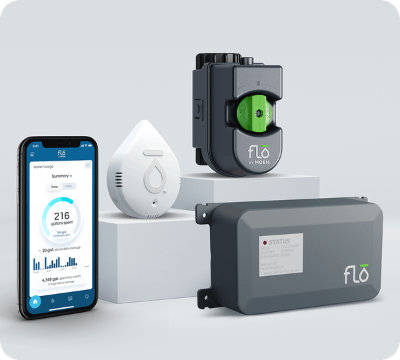
Flo Leak Protection System
The Flo Leak Protection System is a smart home water security system designed to protect your home from water damage.
A Flo by Moen Smart Water Shutoff and Smart Water Detectors are installed throughout your home’s water supply, allowing you to monitor your water usage and detect any leaks or abnormalities in your plumbing as soon as they arise.
The Flo Leak Protector also offers a remote and automatic water shutoff system so, should a major water leak emergency be detected, your water will be automatically shut off. This can save both money and water, as well as save your home from damage.
Find out more about the Flo leak protection system here
World Plumbing Day 11 March 2023
On World Plumbing Day, 11 March, we celebrate the vital link between quality plumbing, good health, environmental sustainability and economic prosperity. Find out more here worldplumbing.org or take a look at the World Plumbing Day factsheet – worldplumbing.org.
Suggested articles
No articles found

